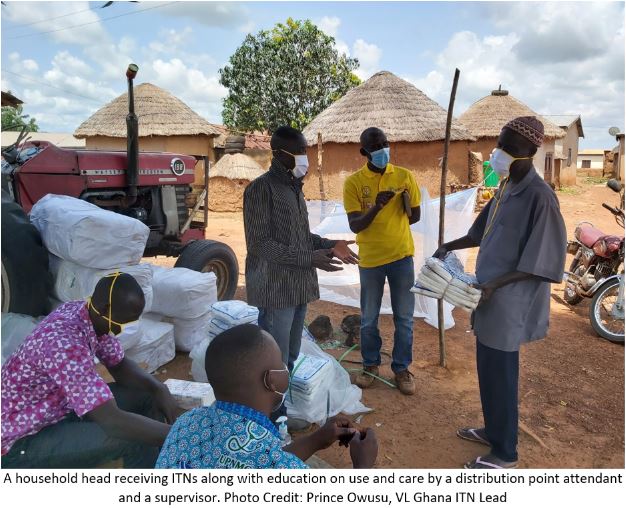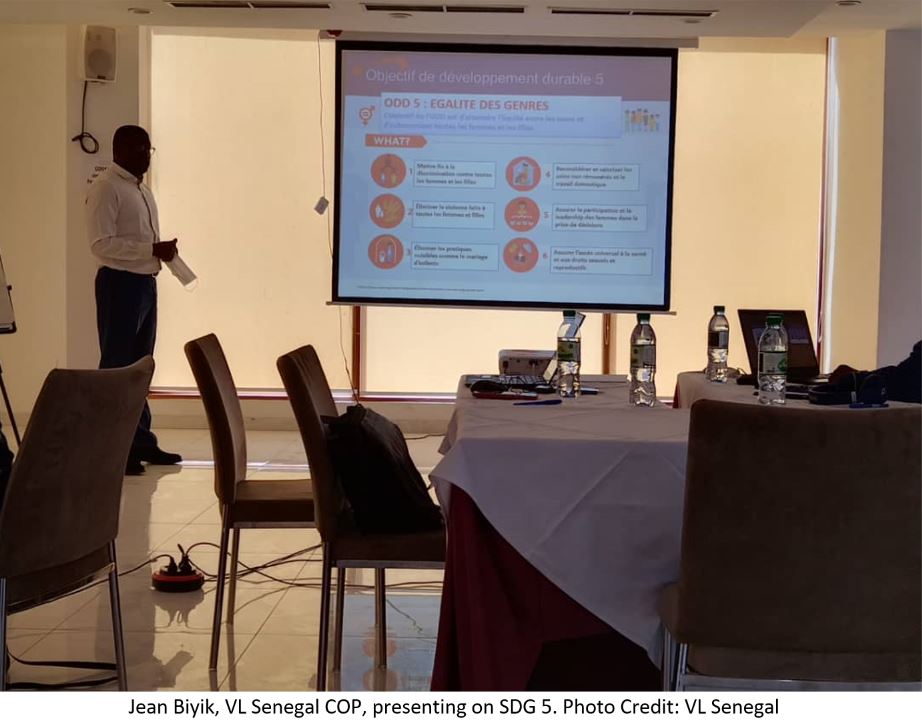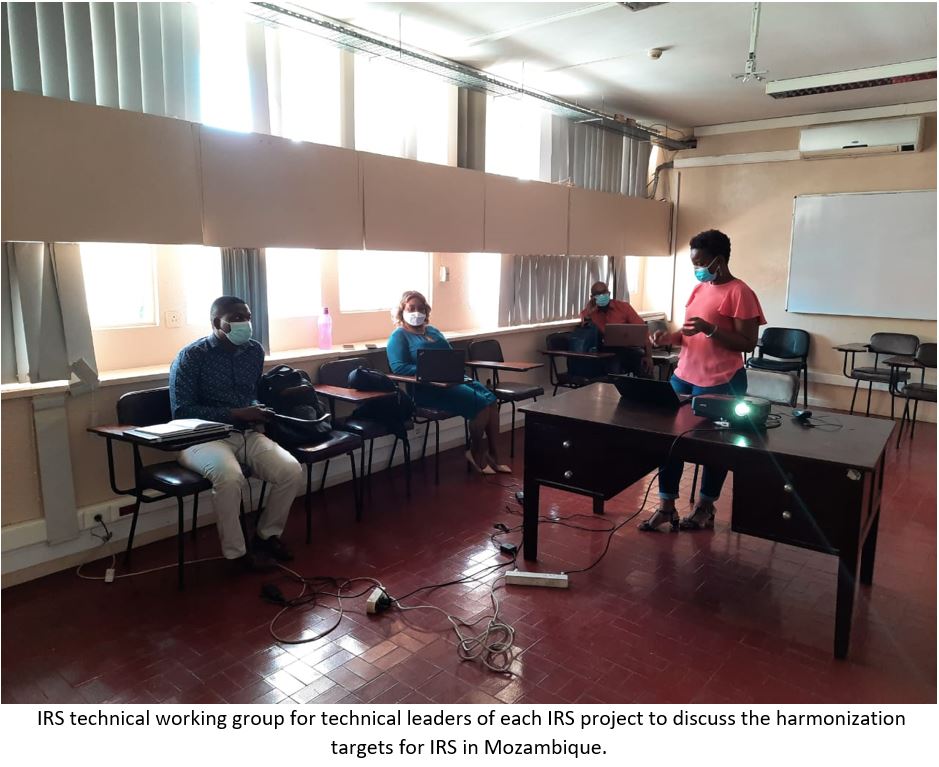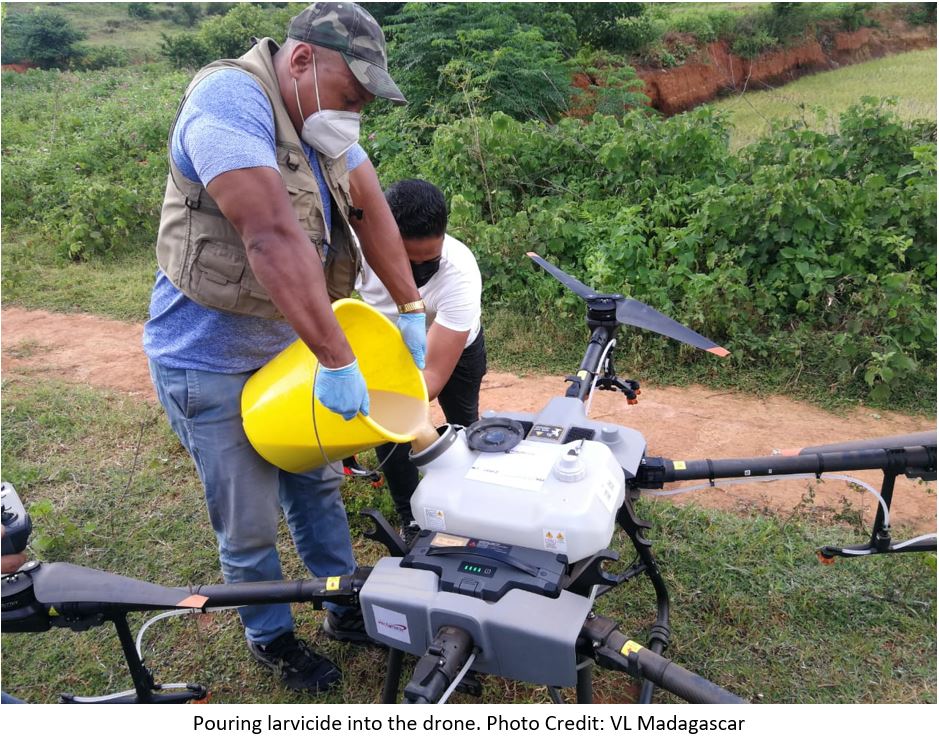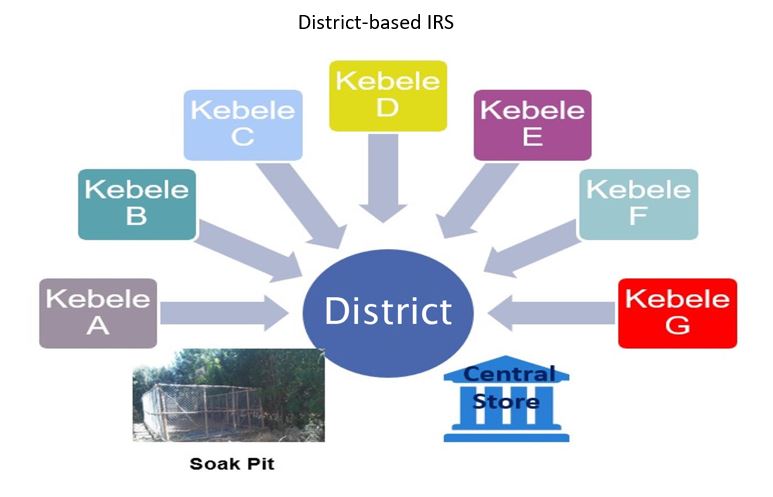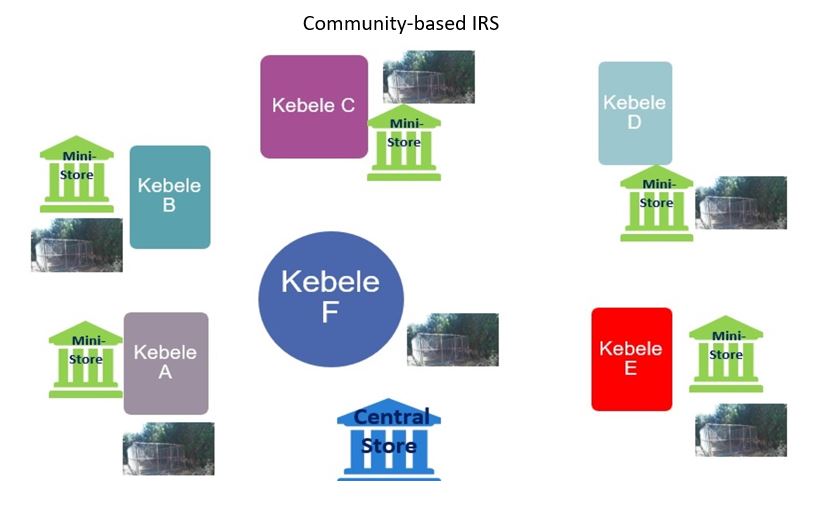This week’s Fist Bump goes to VectorLink Tanzania for their work leading two critical workshops in March 2022 to cap-off a year of successful capacity-strengthening efforts in Zanzibar: A M&E-focused workshop and an IRS Training-of-Trainers (TOT) refresher session.
VL Tanzania has partnered with the Zanzibar Malaria Elimination Programme (ZAMEP) to conduct IRS campaigns the last 7 years. In July 2021, VL Tanzania assumed a Technical Assistance (TA) role to support Zanzibar’s spray activities, with ZAMEP in the driver’s seat to lead the transition from large-scale IRS campaigns to rapid-response IRS efforts in areas experiencing a malaria outbreak. The ZAMEP team highlighted key areas for prioritized TA support, including IRS Operations, Environmental Compliance, and Monitoring and Evaluation (M&E). The VL team helped ZAMEP “race to the starting line” with 3 rapid response IRS efforts over the last 8 months, sometimes with less than 1 week notice before spraying needed to begin.
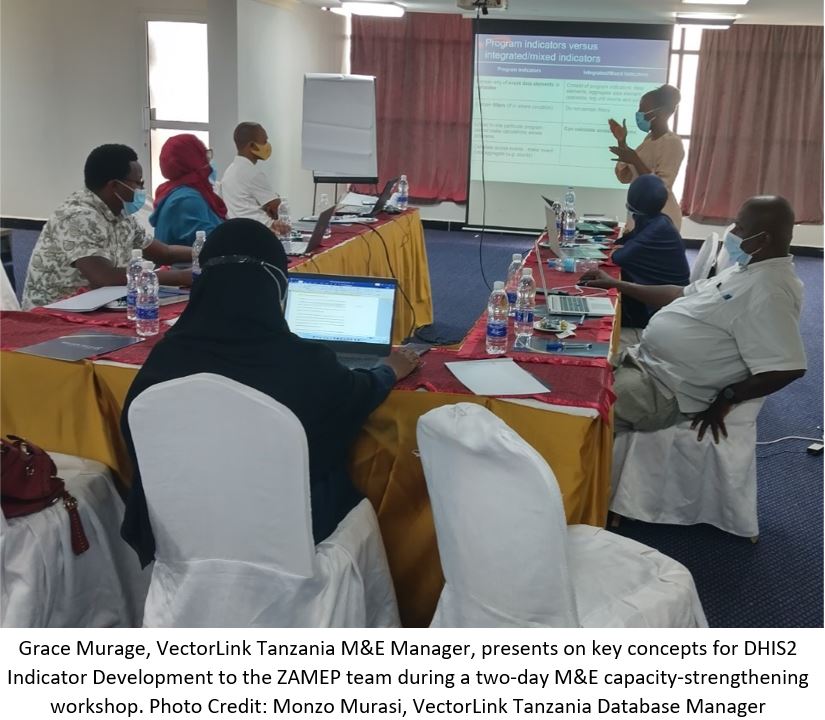
The M&E team hosted a 2-day workshop for ZAMEP and other local stakeholders to support ongoing TA efforts to strengthen ZAMEP’s information systems and build their capacity to collect, manage, and use rapid-response IRS data. The agenda was packed with fruitful discussions, highlighting the progress ZAMEP has made in incorporating IRS modules into the Malaria Case Notification (MCN) surveillance system and Zanzibar MOH’s DHIS2 database, based on VectorLink-provided data collection tools and IRS module design. The VL Tanzania M&E Team shared best practices for the use of mobile data collection for IRS, as well as standard IRS data visualizations that are key in the daily monitoring and review of IRS campaign data.
Three weeks later, VL Tanzania, with ZAMEP, convened 30 people from four focus areas (Environmental Compliance, Operations, Logistics Management, and M&E) for the IRS rapid response TOT. The objective was to further build a group of IRS experts within ZAMEP, who would have the knowledge and skills to facilitate training for other IRS implementers in districts across Unguja and Pemba Zones. Amongst the participants, there was an average increase of 54.3 percent for Operations and 40.7 percent for Environmental Compliance from the pre- and post-training evaluation tests.
Kudos to the VectorLink Tanzania team for supporting these capacity-strengthening initiatives. We look forward to seeing the skills supported in these workshops put into practice in future campaigns.


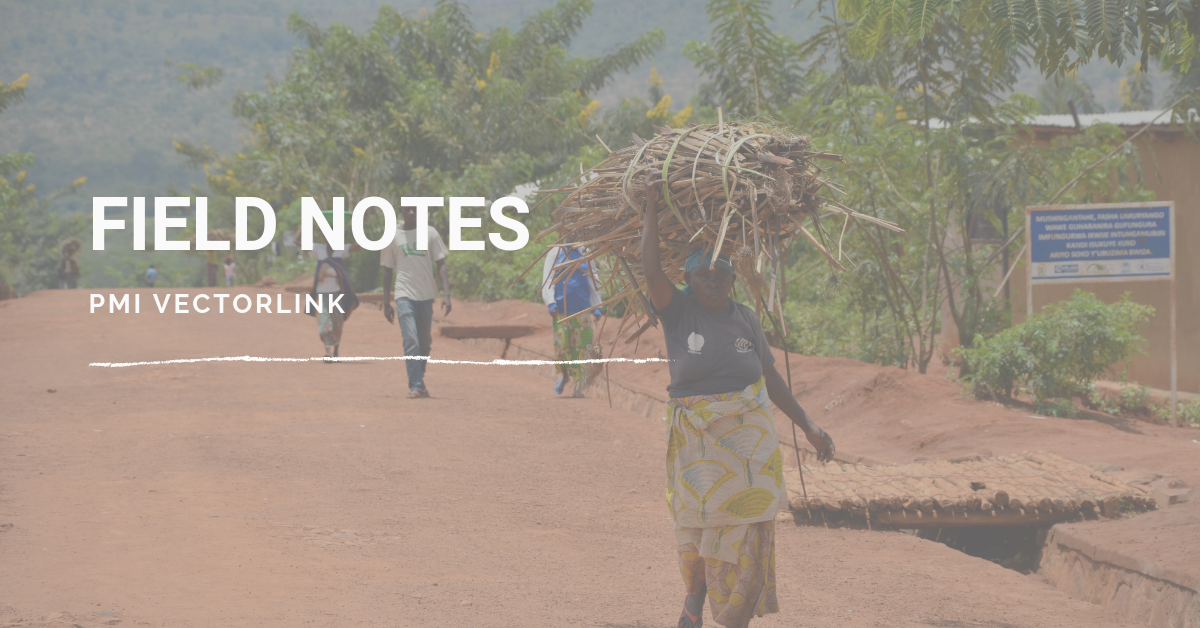
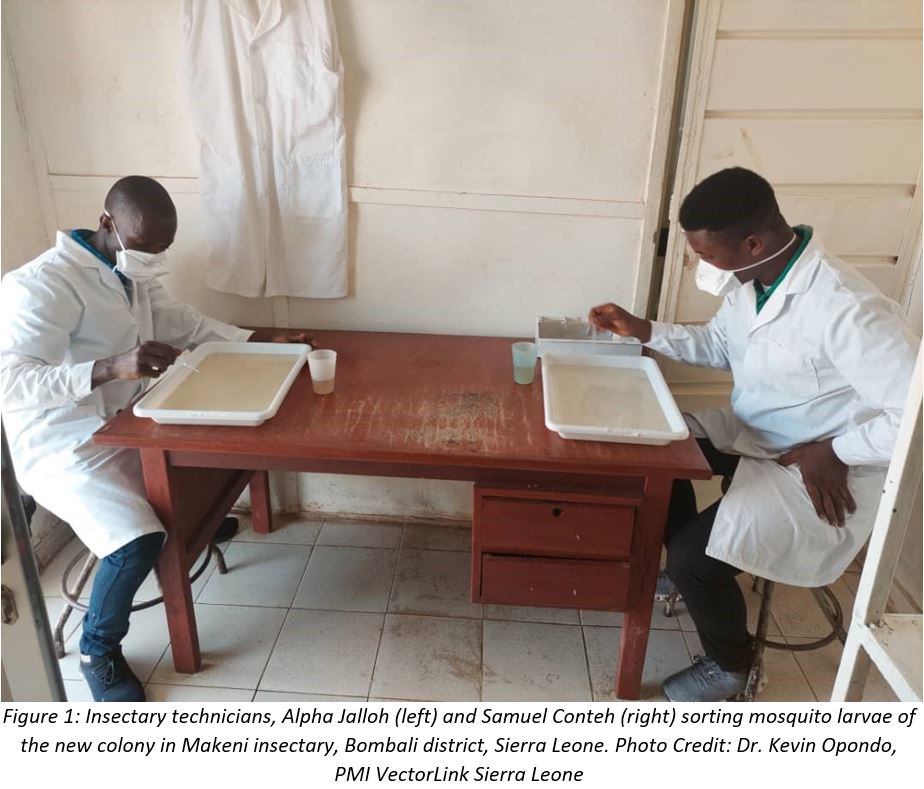
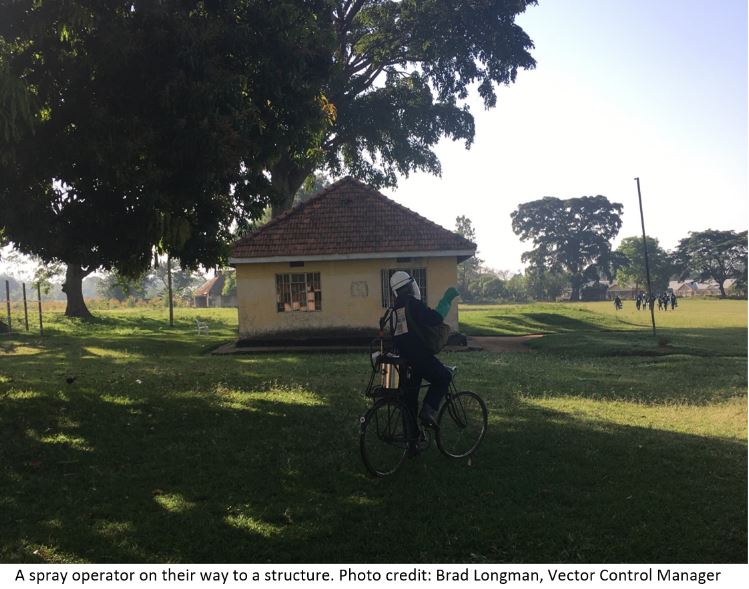 This week’s Fist Bump goes out to the entire VectorLink Uganda team who recently completed their 2022 IRS campaign on March 26th. VL Uganda has always been our largest IRS program, but this was the first time that the Uganda team sprayed in one phase, instead of the two phased approach – meaning this year’s VL Uganda IRS campaign was our largest ever IRS campaign! Between February 28th and March 26th, VL Uganda aimed to spray 1,125,143 eligible structures across 10 districts, protecting 3,762,780 people from malaria.
This week’s Fist Bump goes out to the entire VectorLink Uganda team who recently completed their 2022 IRS campaign on March 26th. VL Uganda has always been our largest IRS program, but this was the first time that the Uganda team sprayed in one phase, instead of the two phased approach – meaning this year’s VL Uganda IRS campaign was our largest ever IRS campaign! Between February 28th and March 26th, VL Uganda aimed to spray 1,125,143 eligible structures across 10 districts, protecting 3,762,780 people from malaria.